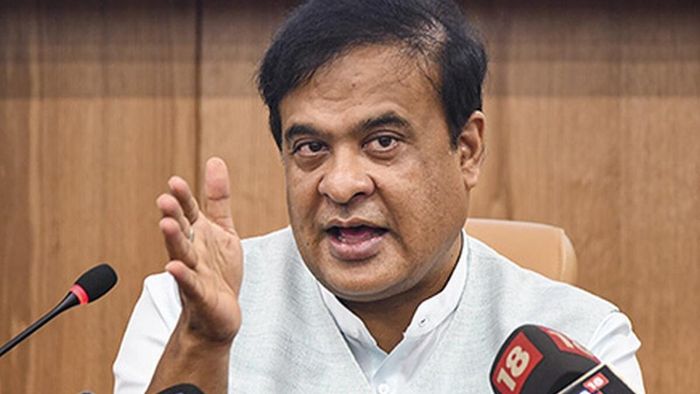Himanta draws line: Locals stay, ‘foreigners’ evicted
Assam's government identifies non-indigenous settlers as encroachers. Large-scale eviction drives are underway in Assam. Local debates intensify over citizenship and land rights.

- Aug 03, 2025,
- Updated Aug 03, 2025, 8:06 AM IST
Assam Chief Minister Himanta Biswa Sarma, on August 2 drew sharp lines around the state’s ongoing eviction drives, declaring that unauthorised occupation of government land by indigenous people will not be considered encroachment — a classification reserved solely for suspected foreigners, particularly alleged Bangladeshi immigrants.
Speaking to reporters on the sidelines of a BJP event, Sarma said, "There are two types of encroachments. If indigenous people are living (unauthorisedly), then we don't consider it as encroachment. Those who have come from Bangladesh, we consider only those cases as encroachments."
The chief minister’s remarks come in the backdrop of a major eviction drive in Assam’s Golaghat district, where nearly 11,000 bighas — approximately 1,500 hectares — of forest land are being cleared of what the administration claims are illegal settlements.
Sarma reaffirmed the government's commitment to continue these operations, asserting that eviction efforts will specifically target what he termed “foreigners and doubtful citizens.” He further stated, "The places where foreigners and doubtful citizens are living, we will carry out evictions there. That's our goal and we are proceeding accordingly."
This approach, which differentiates between indigenous and non-indigenous settlers, has reignited debates around citizenship, land rights, and ethnic identity in the politically sensitive state — where the legacy of migration from Bangladesh remains a volatile issue.
Earlier, on July 25, Sarma had announced that all encroachments on Village Grazing Reserves (VGR), Professional Grazing Reserves (PGR), Satras, Namghars, forest lands, and other public properties would be cleared in phases. He had also stated that 1.29 lakh bighas (over 42,500 acres) had been freed of encroachments in the past four years, while nearly 29 lakh bighas (more than 9.5 lakh acres) remain under illegal occupation.
The CM claimed that most of the encroached land belongs to state institutions or ecologically sensitive areas and is largely occupied by “illegal Bangladeshis and doubtful citizens.” Critics, however, warn that the selective framing of encroachment could further deepen communal and ethnic fault lines in Assam.
As the state government tightens its focus on land reforms and demographic scrutiny, the political and humanitarian fallout of these measures continues to unfold across Assam.